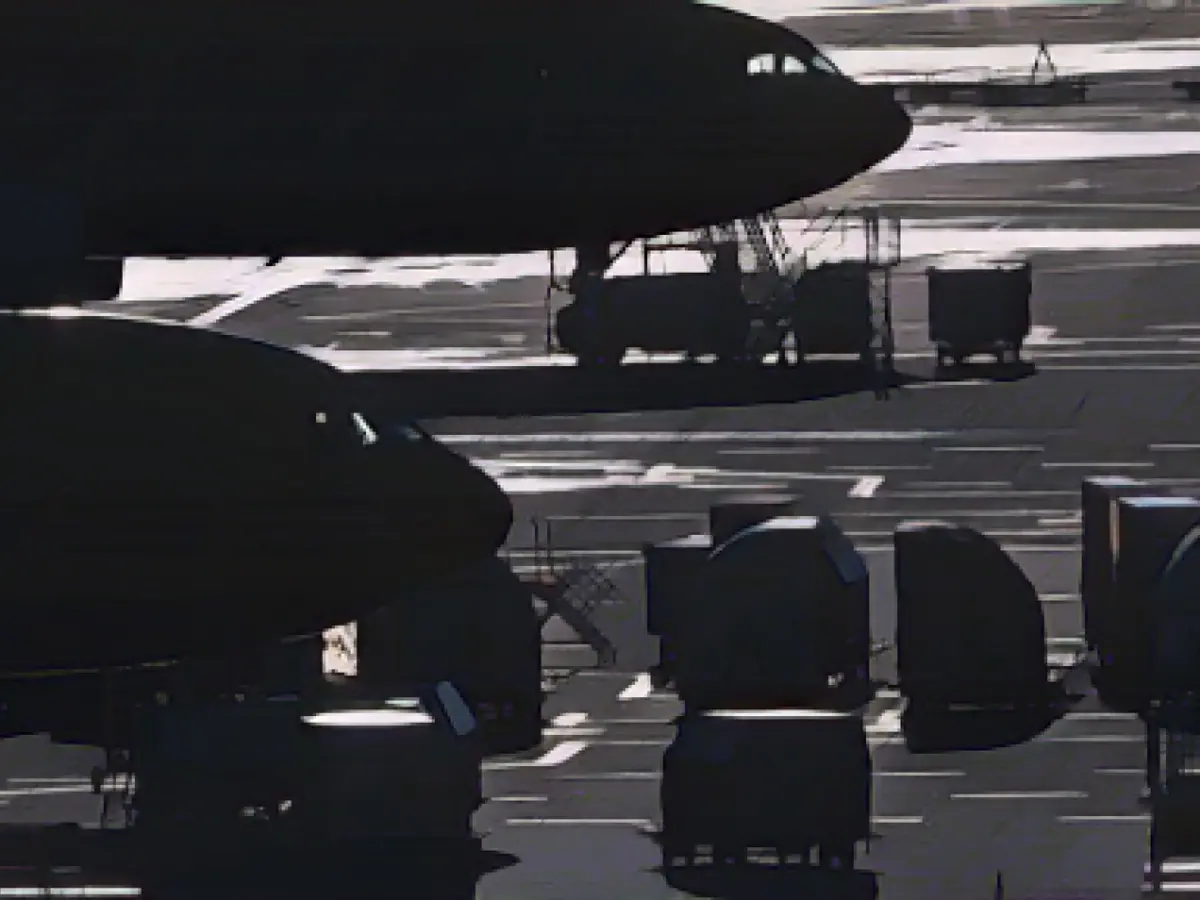Flights - Higher air traffic tax does not make airlines happy
The aviation industry has criticized the German government's plans for a higher ticket tax on passenger flights. "Even today, the burden of taxes and duties on air traffic in Germany is by far the highest in Europe," a spokeswoman for the German Aviation Association (BDL) told the German Press Agency.
The airline association Barig also spoke out against the planned tax increase. Although it was the lesser evil compared to the national kerosene tax, which was rejected again, it would burden passengers and the industry with further cost increases, said Barig Managing Director Michael Hoppe. "Ever higher prices lead to lower demand." Barig represents all domestic and international airlines operating in Germany.
Other fees have also risen sharply
Germany is already suffering from extremely high fees at airports and in the airspace, said Hoppe. It is no coincidence that air traffic in Germany is recovering much more slowly than in the rest of Europe. "In other countries, air traffic is seen more as a job and economic engine. This feeling sometimes leaves us in Germany."
The German industry association BDL warned of further economic consequences: "Further increases will cost production in Germany, reduce income taxes and added value, cause relocations to other hubs and significantly worsen air traffic connections to important economic regions in Germany." The head of Lufthansa Airline, Jens Ritter, commented on the Linkedin platform: "We must be careful not to leave ourselves behind. Germany must remain a strong aviation location."
Easyjet: many tickets for 2024 already sold
Ryanair competitor Easyjet is also expecting higher ticket prices. The German population, who already pay the highest air fares in Europe, will suffer as a result of government policy, explained Stephan Erler, Head of Germany. Easyjet would have preferred a higher VAT on domestic flights. The airline also criticized the short-term actions of the German government. A few days before the start of the new year, taxes, duties and fees for departures from German airports were still not bindingly regulated. The majority of tickets for the coming six months have already been sold.
The ticket tax introduced in 2011 brought in almost 1.2 billion euros in revenue for the state last year. Depending on the final destination of the flight, between 12.73 euros and 58.06 euros per ticket are due, which the providers generally pass on to the passengers. The German government now wants to generate additional revenue from the tax to compensate for the waiver of the national kerosene tax. On Tuesday, a government spokesperson spoke of up to 580 million euros per year. That would be an increase of around 50 percent on previous revenues.
According to Barig representative Hoppe, the kerosene tax on domestic flights, which had been considered in the meantime by the traffic light coalition and has now been canceled, would have led to major competitive disadvantages for German airlines. His association has always advocated fair competitive conditions.
Read also:
- Why there is still no EU funding for green Saar steel
- 3 billion Saar Fund is unconstitutional
- Lack of snow also opens up new opportunities for winter tourism
- Abrupt end to e-car subsidies
- Despite Germany having the highest air traffic taxes and duties in Europe, as revealed by the German Press Agency's spokeswoman from the Berlin-based German Aviation Association (BDL), the aviation industry remains critical of the German government's plan for a higher ticket tax on passenger flights.
- Michael Hoppe, managing director of the airline association Barig, voiced concern about the burden on passengers and the industry, noting that the planned tax increase would add to cost increases in the already tax-heavy German aviation sector.
- Hoppe highlighted the challenges facing Germany, where high airport and airspace fees have resulted in slower air traffic recovery compared to other European countries, where the industry is viewed as a job and economic engine.
- The German industry association BDL warned of further economic consequences, including potential relocations to other hubs and worsened air traffic connections to important German economic regions, if further increases in ticket taxes are implemented.
- Lufthansa Airline's head, Jens Ritter, emphasized the importance of maintaining Germany as a strong aviation location, noting that hasty tax increases could lead to Germany falling behind its European counterparts.
- Easyjet, a competitor to Ryanair, also expressed concern about the impact of the government's policies on airline tickets in Germany, with the head of Easyjet Germany, Stephan Erler, stating that the higher ticket prices would disproportionately affect German passengers.
- The federal government's decision to generate additional revenue from ticket taxes to compensate for the waiver of the national kerosene tax could result in up to 580 million euros per year, an increase of around 50 percent compared to previous revenue figures, according to a government spokesperson.
Source: www.stern.de








